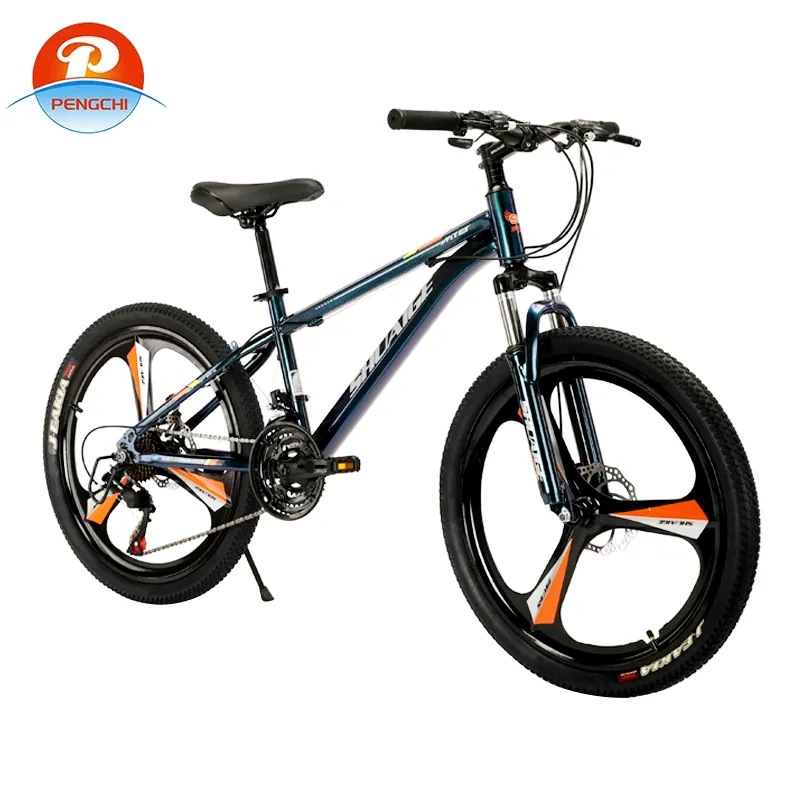2 月 . 07, 2025 01:56 Back to list
all mountain bike
All mountain bikes have become a hallmark in the realm of cycling, providing the versatility to tackle diverse terrains with ease. These robust machines are the pinnacle of engineering excellence, tailored for a wide range of trails, whether it’s the rocky paths of the mountains or the gentle terrain of forest trails.
The trustworthiness of a good all mountain bike also lies in its construction materials. High-end models often utilize carbon fiber for the frame, which provides an impressive strength-to-weight ratio, ensuring the bike is both strong and agile. For those who prioritize robustness and affordability, aluminum frames serve as an attractive alternative, offering durability without a significant increase in weight. Each material choice is deliberately designed to accommodate varying performance expectations and price points, fulfilling the diverse demands of cycling enthusiasts. When choosing an all mountain bike, potential buyers should conduct thorough research, possibly even a test ride, to find a bike that suits their individual riding style and environmental conditions. Consulting reviews from trusted industry publications and community forums can provide additional insights into each model's performance over time. Experienced riders often share valuable feedback about specific bike models and how they fare on technical trails versus more commonplace paths, which can influence purchasing decisions. In conclusion, an all mountain bike is not just a purchase; it’s an investment in an unparalleled riding experience marked by unrivaled adaptability and robust engineering. Its real magic lies in its ability to enhance the rider's journey, embracing the uncertainties of mountain terrains while promising safety and reliability. The collective wisdom from user experiences and expert reviews alike showcases the all mountain bike as a machine of authority in the cycling world.


The trustworthiness of a good all mountain bike also lies in its construction materials. High-end models often utilize carbon fiber for the frame, which provides an impressive strength-to-weight ratio, ensuring the bike is both strong and agile. For those who prioritize robustness and affordability, aluminum frames serve as an attractive alternative, offering durability without a significant increase in weight. Each material choice is deliberately designed to accommodate varying performance expectations and price points, fulfilling the diverse demands of cycling enthusiasts. When choosing an all mountain bike, potential buyers should conduct thorough research, possibly even a test ride, to find a bike that suits their individual riding style and environmental conditions. Consulting reviews from trusted industry publications and community forums can provide additional insights into each model's performance over time. Experienced riders often share valuable feedback about specific bike models and how they fare on technical trails versus more commonplace paths, which can influence purchasing decisions. In conclusion, an all mountain bike is not just a purchase; it’s an investment in an unparalleled riding experience marked by unrivaled adaptability and robust engineering. Its real magic lies in its ability to enhance the rider's journey, embracing the uncertainties of mountain terrains while promising safety and reliability. The collective wisdom from user experiences and expert reviews alike showcases the all mountain bike as a machine of authority in the cycling world.
Previous:
Latest news
-
Toy Car with Parental Remote - Safe Electric Ride-On Car with Parental Control
NewsJun.10,2025
-
Cheap Bikes for Students - Affordable & Durable Student Bicycles Online
NewsJun.10,2025
-
Children Balance Bike Lightweight & Adjustable OEM Designs
NewsMay.30,2025
-
Junior BMX Race Bikes Lightweight, Durable & Speed-Optimized
NewsMay.30,2025
-
21-Speed Foldable Gear Cycle Compact & Portable Commuter Bike
NewsMay.30,2025
-
Affordable & Durable Bikes for Students Campus Commutes Made Easy
NewsMay.29,2025



